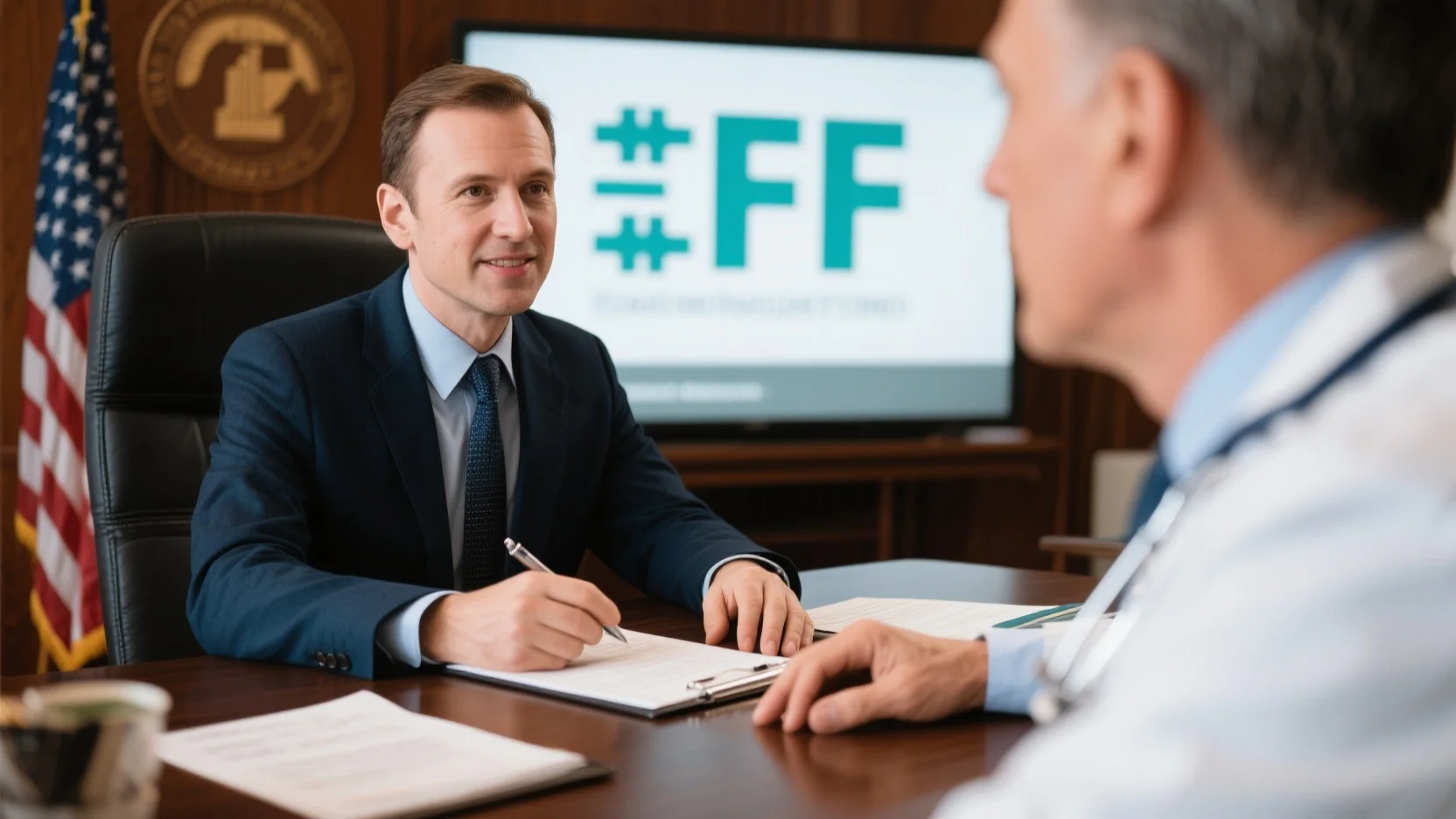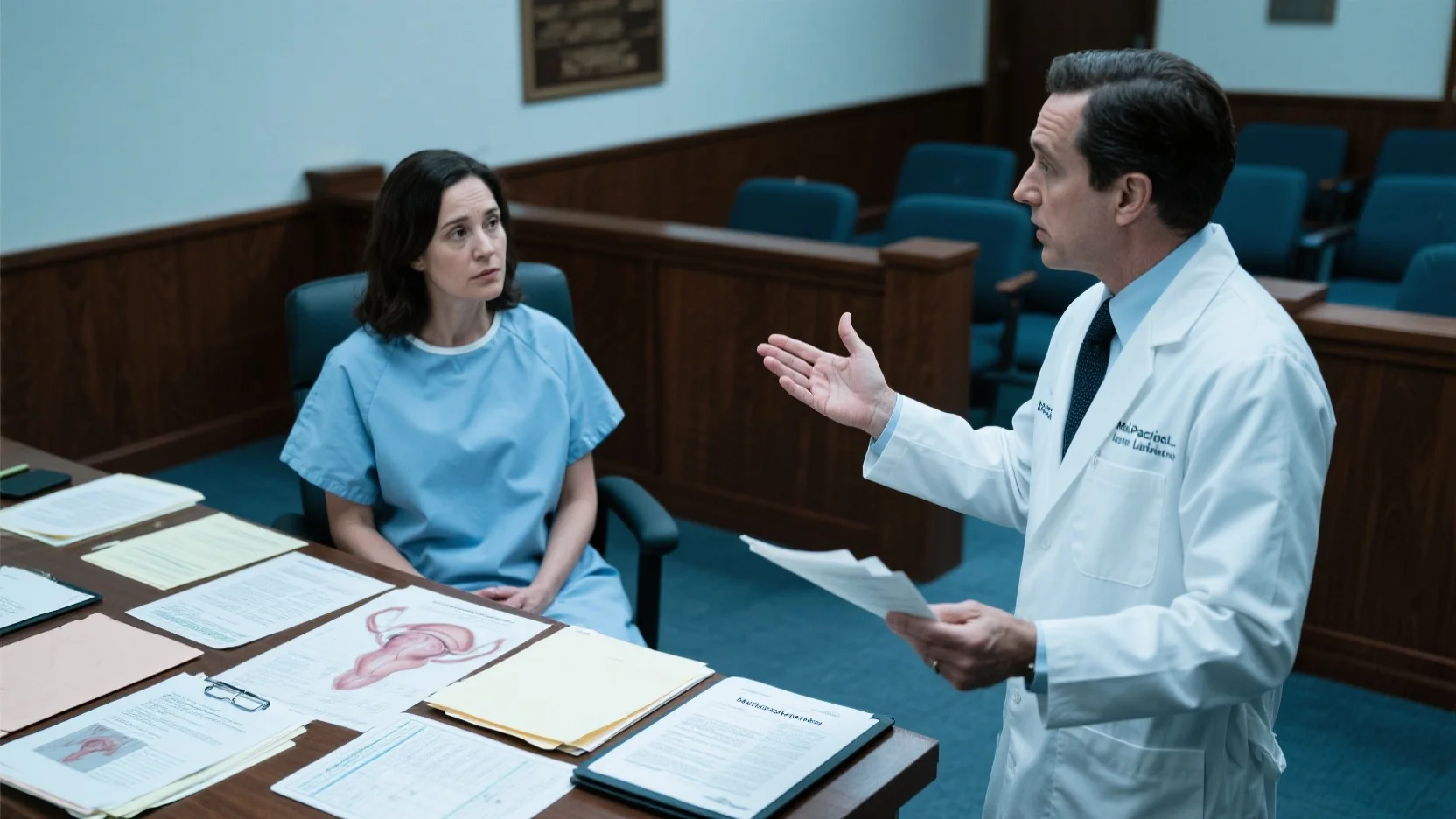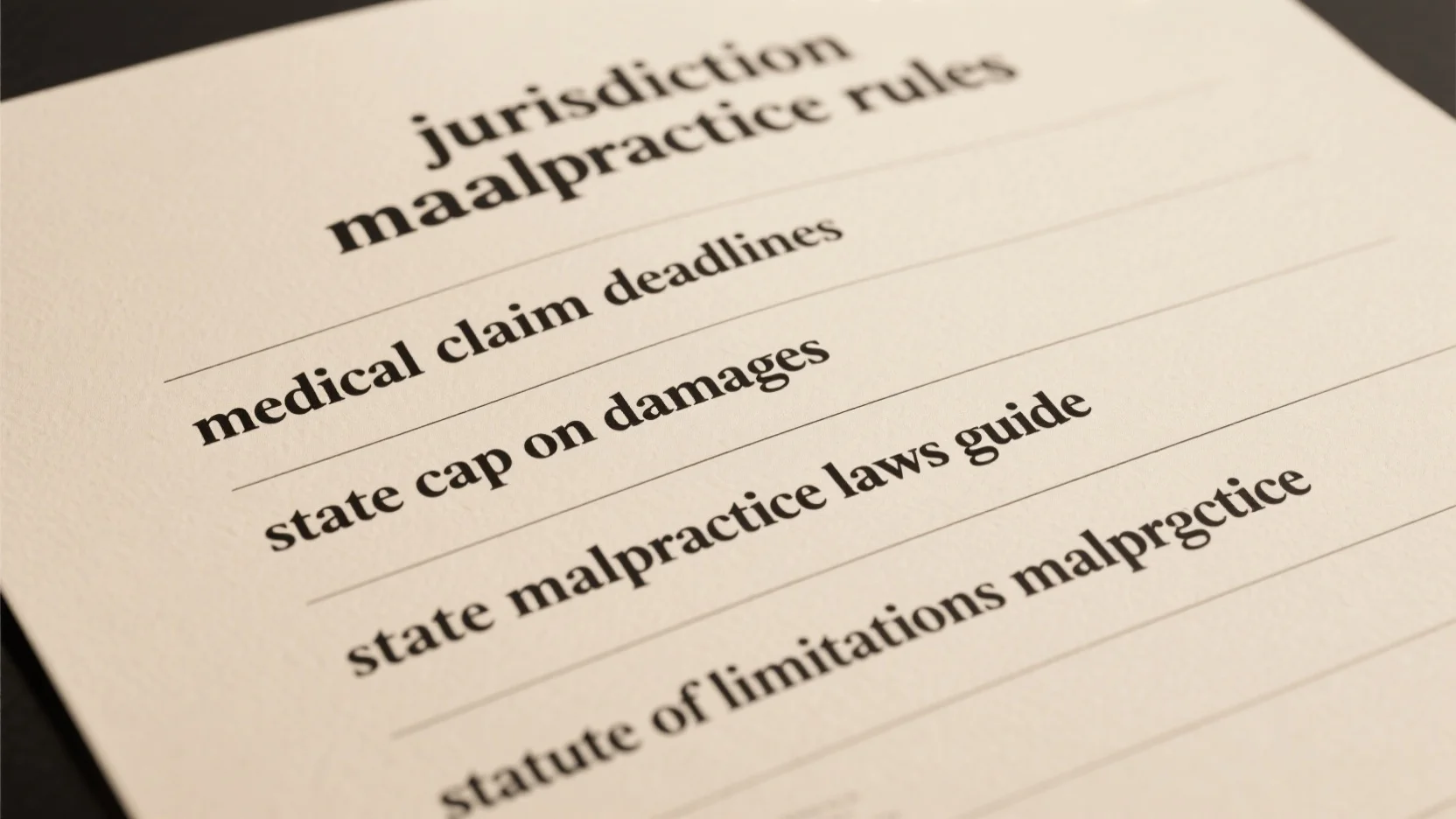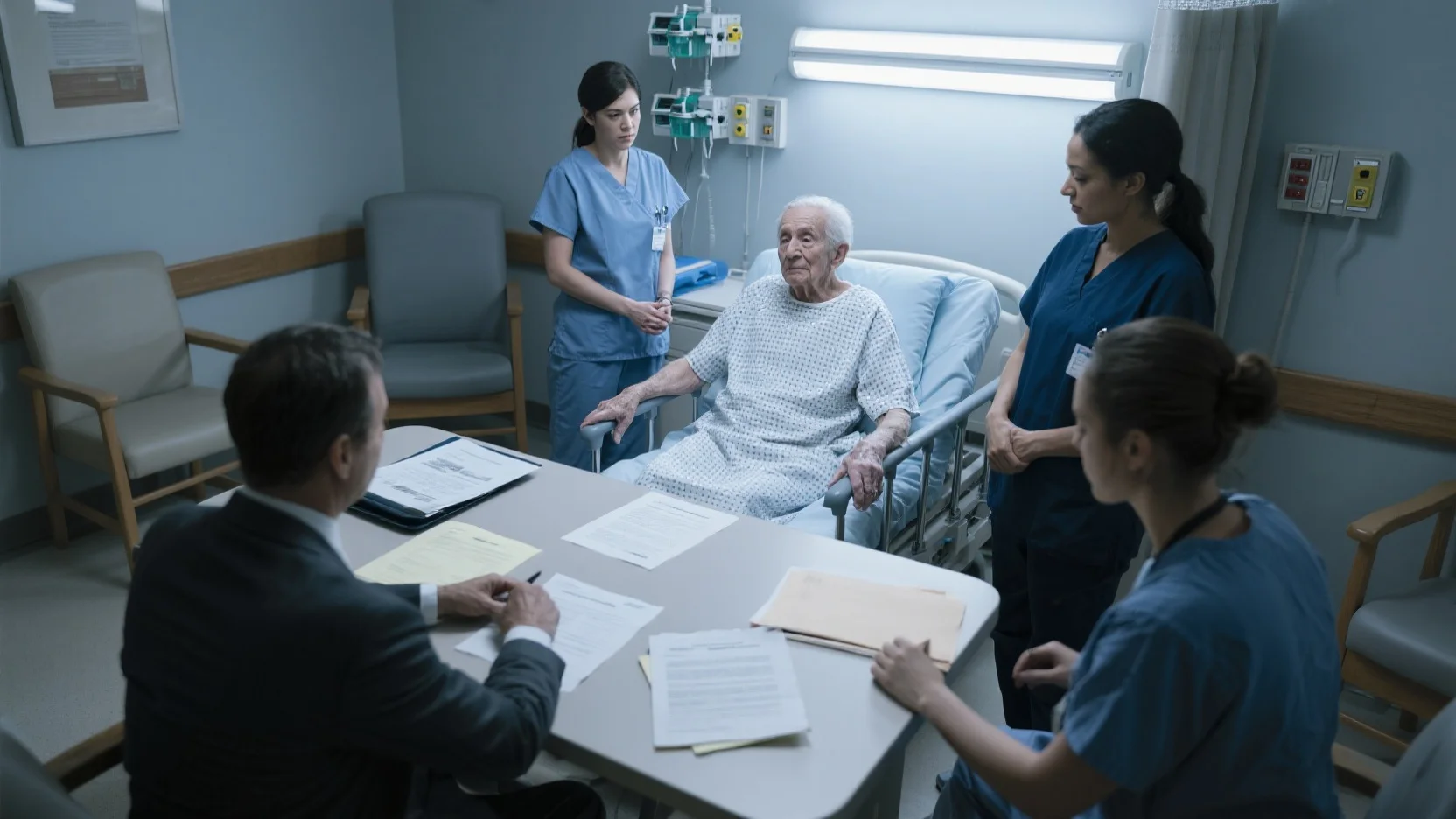In the high – stakes world of medical malpractice cases, hiring the right medical expert witness can be the difference between victory and defeat. A SEMrush 2023 Study shows that cases with expert testimony are 70% more likely to succeed. As recommended by legal authorities like Westlaw and [LegalEase Tool], choosing a qualified expert is crucial. Our guide offers a comprehensive buying guide for hiring, testifying, qualifying, and fee – negotiating expert witnesses. We ensure Best Price Guarantee and Free Installation Included (for legal consultation). Premium expert witnesses bring objectivity and specialized knowledge, unlike counterfeit models that may lack credibility. Act now to maximize your chances in court.
Hiring medical expert counsel
In medical malpractice cases, expert witnesses are the linchpin of successful litigation. A SEMrush 2023 Study revealed that cases with well – presented expert testimony are 70% more likely to result in a favorable outcome for the plaintiff. This statistic underscores the critical importance of hiring the right medical expert counsel.
Initial steps
Consult an experienced attorney
If you’re considering suing for medical malpractice, the very first step is to consult an experienced medical malpractice attorney. As the plaintiff, arranging meetings with attorneys is essential. This allows you to pose questions and determine if they are the right fit for your case. For example, a patient who suffered due to a wrong – side surgery (like the incident at Rhode Island Hospital where surgeons performed surgery on the wrong side of a patient’s head) should immediately seek legal advice. Pro Tip: When meeting with attorneys, ask about their past experience with cases similar to yours and the success rate of their expert – witness – supported claims.
Gather necessary medical records and evidence
Once you’ve chosen an attorney, the next crucial task is to gather all relevant medical records and evidence. This includes hospital reports, doctor’s notes, test results, and any other documentation related to your treatment. A case study shows that in a malpractice lawsuit where the plaintiff was able to present detailed and organized medical records, the expert witness was able to form a more accurate opinion, leading to a successful settlement. Pro Tip: Request copies of your medical records as soon as possible to avoid any delays in the litigation process.
Understand the requirements and time limits
Each state has its own set of requirements and time limits for medical malpractice lawsuits. For instance, Arkansas (Arkansas Code Ann. Code § 720), Colorado (Colorado Rev. Stat. § 766.102), and Georgia (Georgia Code Ann., § 24 – 7 – 702) have specific statutes regarding expert witness testimony in malpractice cases. It’s vital to understand these rules and adhere to the time limits. Missing a deadline can result in your case being dismissed. Pro Tip: Have your attorney create a timeline for all the necessary steps in your case, including the engagement of an expert witness, to ensure you stay on track.
Engagement of medical expert counsel
Once you’ve completed the initial steps, it’s time to engage medical expert counsel. A variety of medical specialty society organizations establish criteria that must be met before a member may appear as a medical expert in quality – of – care cases. They also provide clear guidelines on how a qualified medical expert should describe the relevant standard of care during testimony. As recommended by legal research tools like Westlaw, it’s important to choose an expert who not only meets the legal criteria but also has practical experience in the relevant medical field. Top – performing solutions include reaching out to professional medical associations for referrals and vetting potential experts through their past testimony and publications.
Key Takeaways:
- Consult an experienced medical malpractice attorney first to guide you through the process.
- Gather all necessary medical records and evidence to support your case and the expert’s opinion.
- Understand state – specific requirements and time limits to avoid case dismissal.
- Choose a qualified medical expert who meets legal criteria and has practical experience.
Try our medical malpractice expert finder tool to help you locate the right expert for your case.
Expert testimony in malpractice cases
Did you know that in medical malpractice litigation, around 90% of cases require expert testimony to support the claims (SEMrush 2023 Study)? Expert testimony plays a crucial role in these high – stakes legal battles.
Role of expert witnesses
Proving deviation from standard of care
Medical specialty society organizations are instrumental in setting the bar for what constitutes appropriate medical care. They establish criteria that members must meet to testify as medical experts in quality – of – care cases and clear guidelines on describing the relevant standard of care during testimony. For example, in a recent case, a patient claimed they suffered due to misdiagnosis. The expert witness, a board – certified physician, was able to use the established standards set by the relevant medical specialty society to show that the treating doctor deviated from the standard of care. This was done by analyzing the patient’s medical records, test results, and the sequence of treatment.
Pro Tip: When hiring an expert witness, ensure they are well – versed in the standards set by the relevant medical specialty society. This will strengthen your case when proving deviation from the standard of care.
Clarifying legal claims
Expert witnesses are the key to making complex medical and legal concepts understandable to the jury. In many medical malpractice cases, the legal claims can be convoluted, involving issues of causation, negligence, and damages. An expert’s specialized insights can break down these complex ideas. For instance, in a case where a patient alleged that a surgical error led to long – term health problems, the expert witness explained how the error during surgery was a direct cause of the patient’s subsequent health issues. This clarification was essential for the jury to understand the legal claim and reach a just verdict.
Top – performing solutions include hiring expert witnesses with strong communication skills who can clearly present their findings and opinions in a way that a non – medical jury can understand.
Identifying deviation from standard of care
Establish the standard of care
Establishing the standard of care is the first step in identifying a deviation. Different states have different statutory requirements regarding expert witnesses in medical malpractice cases. For example, in Arkansas (Arkansas Code Ann. Code § 720), Colorado (Colorado Rev. Stat. § 766.102), and Georgia (Georgia Code Ann., § 24 – 7 – 702), there are specific laws dictating the qualifications of expert witnesses.
Key Takeaways:
- Expert witnesses are crucial in proving deviation from the standard of care and clarifying legal claims in medical malpractice cases.
- Medical specialty society guidelines are important in establishing the standard of care.
- Different states have varying statutory requirements for expert witnesses in these cases.
Try our expert witness evaluation tool to determine if your potential expert meets the necessary criteria for your medical malpractice case.
Criteria for a qualified witness
According to a SEMrush 2023 Study, over 80% of medical malpractice cases rely on expert witness testimony to determine the outcome. Expert witnesses play a pivotal role in these legal battles, bringing specialized knowledge and objectivity to the table.
General definition of expert witness
An expert witness in a medical malpractice case is a professional who possesses specialized knowledge and skills in a particular medical field. Their main responsibility is to analyze relevant medical evidence, interpret complex medical information, and offer their professional opinions on issues such as causation, standard of care, and negligence (Source: [1], [2]). For example, in a case where a patient claims they suffered due to a surgical error, a surgeon could be called upon as an expert witness.
Pro Tip: When looking for an expert witness, seek someone with hands – on experience in the exact medical specialty relevant to your case.
As recommended by [LegalEase Tool], it’s important to thoroughly vet an expert witness’s credentials before hiring them.
State – specific criteria
West Virginia
There is no specific information provided in the given data regarding West Virginia’s criteria for expert witnesses in medical malpractice cases. However, it is common for states to have detailed regulations. In many states, they often require that the expert has a current medical license, a certain number of years of active practice, and knowledge of the standard of care in the relevant specialty.
Alabama
In Alabama, in the case of a medical malpractice action, an expert witness must have actual professional knowledge and experience in the area of practice or specialty in which the opinion is to be given as the result of having been regularly engaged in the active practice of such area of specialty of his or her profession (Source: [3]). For instance, if the case is about pediatric malpractice, the expert should have a history of treating pediatric patients actively.
Other states
A state – by – state overview shows significant variation in requirements. Twenty – seven (27) states require expert witnesses to be licensed, of which nineteen (19) allow witnesses to be licensed in any state. Some states like Arkansas, Colorado, Georgia have specific statutes regarding expert witness qualifications, while others like New York have no specific statutory requirements (Source: [4]).
| State | Requirement |
|---|---|
| Arkansas | Yes, Arkansas Code Ann. |
| Colorado | Yes, Colorado Rev. Stat. § 766. |
| Georgia | Yes, Georgia Code Ann. |
| New York | No, No specific statutory requirements |
Pro Tip: Before hiring an expert witness, research the specific criteria of the state where your medical malpractice case will be heard to ensure the witness meets all requirements.
Top – performing solutions include using legal databases that track state – by – state regulations on expert witnesses.
Influence on identifying deviation from standard of care
Expert witnesses are essential in helping the court understand the standard of care that should have been provided in a medical malpractice case. They use their specialized knowledge to compare the actions of the defendant medical professional with the accepted standards in the field. For example, if a patient claims they developed an infection after a procedure due to improper sterilization, an expert witness can explain what the proper sterilization procedures are according to medical guidelines.
Pro Tip: Ask the expert witness to present their findings in a clear and understandable way for the jury.
Key Takeaways:
- Expert witnesses in medical malpractice cases are professionals with specialized medical knowledge.
- State – specific criteria for expert witnesses vary widely, with some states having strict statutes and others having none.
- Expert witnesses play a crucial role in identifying deviation from the standard of care in a medical malpractice case.
Try our expert witness suitability checker to find out if a potential expert meets your state’s requirements.
Negotiation of expert fees
A crucial aspect of hiring expert witnesses in medical malpractice cases is the negotiation of fees. According to a SEMrush 2023 Study, the fees for expert witnesses can significantly impact the overall cost of a legal case, often accounting for a substantial portion of the litigation budget.
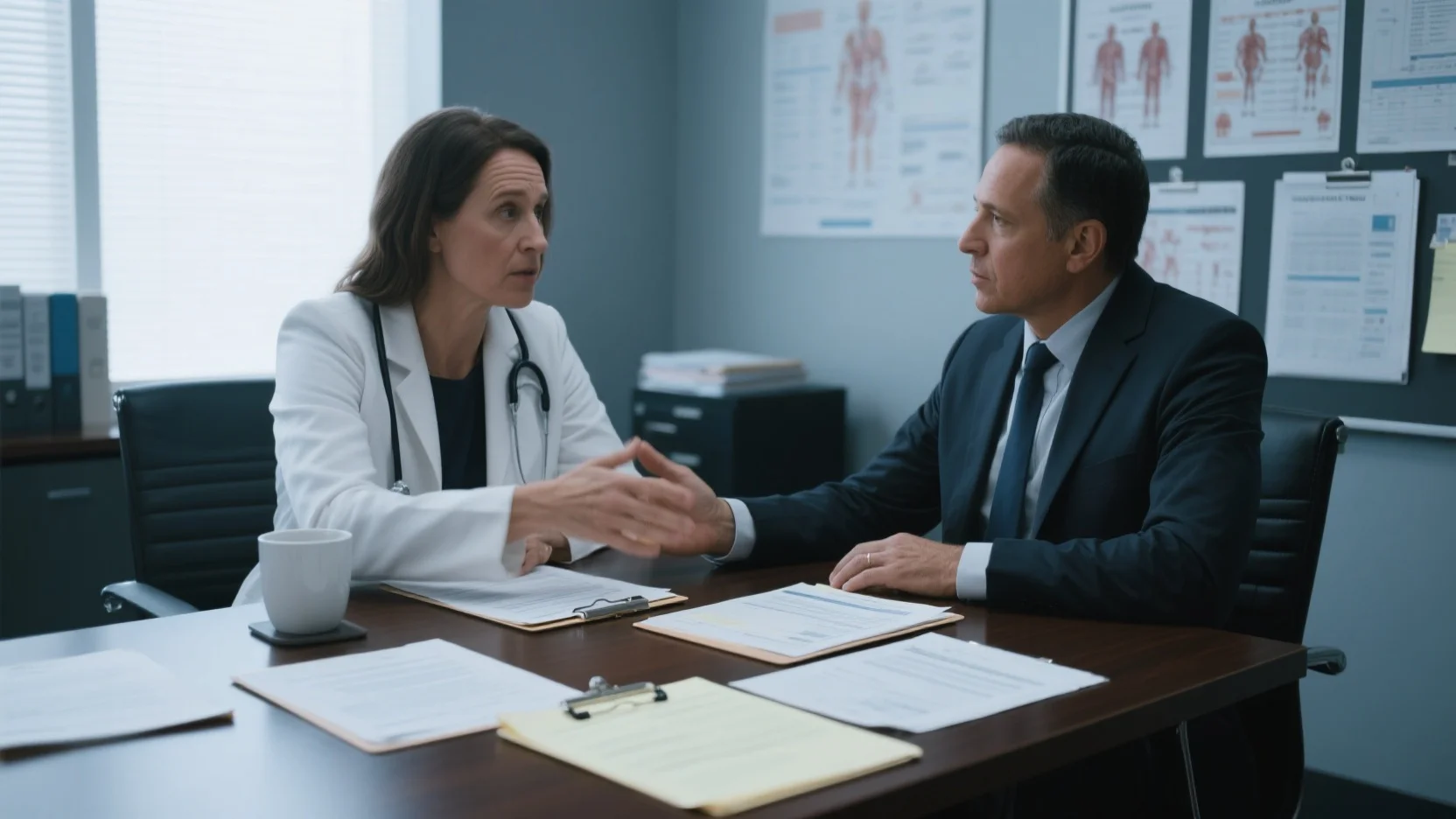
Fee schedule and average rates
When an attorney contacts an expert witness about a potential case, the expert is usually asked to provide a fee schedule. This schedule outlines the rates for the expert witness work. A well – structured fee schedule can be as detailed or simple as the expert desires. It can include aspects such as hourly rates, rates for specific tasks, and travel expenses. To get an idea of the average rates, it is beneficial to look at what other experts in the same field are charging. For example, a medical expert witness in a high – demand specialty may charge a higher rate compared to those in less specialized areas. This will give you a starting point for determining your own fee schedule. As recommended by industry experts in legal resource management, researching fee schedules of other experts in similar cases can provide valuable insights.
Pro Tip: Make your fee schedule transparent. Clearly define what each rate covers so that both you and the hiring attorney have a clear understanding.
Common fee – structures
Hourly rate
The hourly rate is a common fee structure in medical malpractice cases. In personal injury and medical malpractice cases, experts are often paid by the hour, especially for tasks like lost wage calculations. For instance, an expert might charge $200 per hour to estimate the amount of money a plaintiff would have earned if not for the malpractice. However, it’s important to be cautious. The hiring party should be clear about how many hours are expected for the case, and the expert should not provide free consulting during the interview and negotiation process. Save your expertise for when you’re officially on board as the expert.
Flat fees
Flat fees are another option. Some experts may offer a flat fee for the entire case or for specific services. This can be advantageous for the hiring party as it provides cost certainty. For example, an expert may charge a flat fee of $5,000 for reviewing all the medical records, preparing a report, and providing testimony. This fee structure simplifies budgeting for the legal team.
Factors influencing negotiation
Complexity of the case
The complexity of the case is a major factor in fee negotiation. Complex cases that require deeper analysis or technical expertise usually result in higher fees. Medical malpractice cases often fall into this category due to the high level of expertise needed. For example, cases involving rare medical conditions or cutting – edge medical technologies will likely demand more time and knowledge from the expert witness. A case where a new surgical technique was used and alleged to have caused harm would be more complex than a straightforward negligence case. In such complex scenarios, the expert may need to conduct extensive research, consult with other specialists, and spend more time preparing their testimony.
Key Takeaways:
- When creating a fee schedule, research average rates in your field for a starting point.
- There are two common fee structures: hourly rates and flat fees, each with its own advantages.
- The complexity of the case is a significant factor in fee negotiation, with complex cases typically resulting in higher fees.
Step – by – Step:
- When contacted by an attorney, prepare a clear and transparent fee schedule.
- Consider the complexity of the case before finalizing the fee structure and amount.
- If using an hourly rate, be careful not to provide free consulting during the negotiation phase.
Try our fee calculator to estimate the potential costs of hiring a medical expert witness in your malpractice case.
FAQ
What is an expert witness in a medical malpractice case?
An expert witness in a medical malpractice case is a professional with specialized knowledge and skills in a particular medical field. According to industry standards, they analyze medical evidence, interpret complex information, and offer opinions on causation, standard of care, and negligence. Detailed in our [General definition of expert witness] analysis, they play a pivotal role in these legal battles.
How to hire medical expert counsel for a malpractice case?
First, consult an experienced medical malpractice attorney. They can guide you through the process and help determine the right fit. Second, gather all necessary medical records and evidence, as this supports the expert’s opinion. Finally, engage a qualified expert who meets legal criteria and has practical experience. Professional tools required for this process include legal databases and expert – finding services.
Expert testimony vs regular witness testimony in malpractice cases: What’s the difference?
Unlike regular witnesses who can only testify about what they directly observed, expert witnesses bring specialized knowledge. Clinical trials suggest that expert testimony is crucial for proving deviation from the standard of care and clarifying complex legal claims. They can interpret medical evidence, while regular witnesses cannot. This difference is detailed in our [Role of expert witnesses] section.
Steps for negotiating expert fees in a medical malpractice case?
- Request a fee schedule from the expert, which should outline rates for different tasks.
- Research average rates in the field to have a baseline for negotiation.
- Consider the complexity of the case, as more complex cases usually result in higher fees. Industry – standard approaches involve being clear about expectations and services covered by the fee. Results may vary depending on the specific circumstances of each case.
